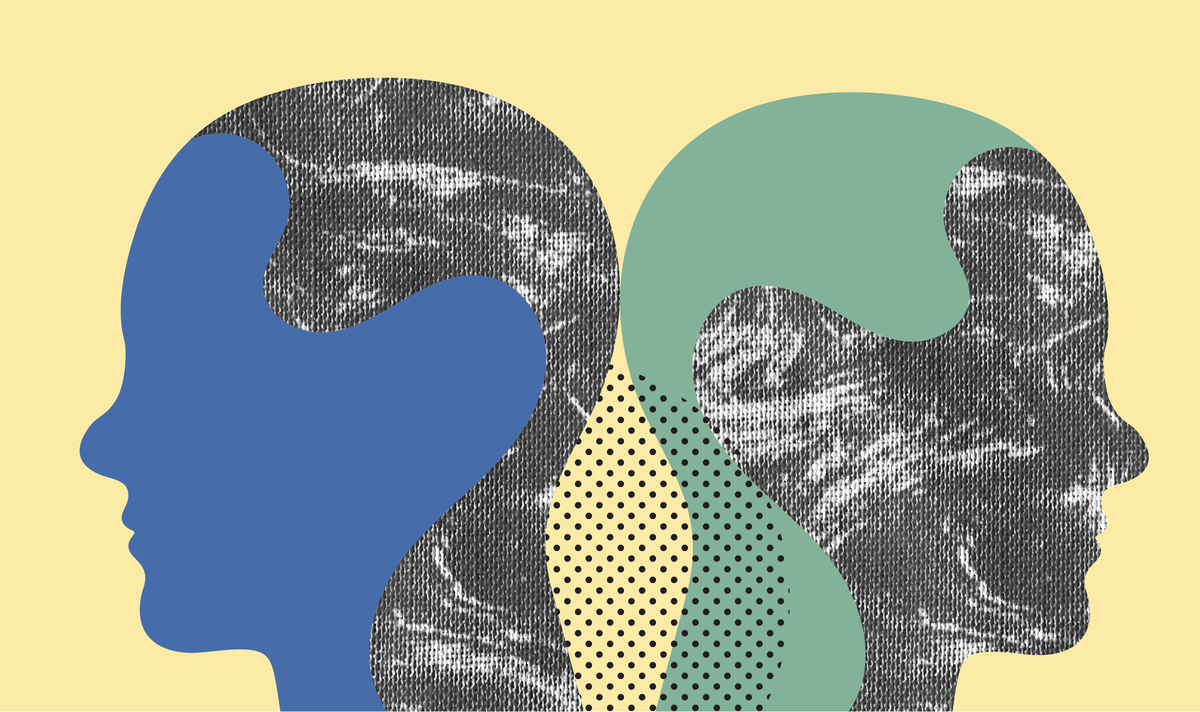Commenters share tips for managing mental health triggers
Posts also discussed therapy resources for autistic people and LGBTQ+ mental health.

Posts also discussed therapy resources for autistic people and LGBTQ+ mental health.
Last week, two popular videos sparked conversation about managing mental health triggers and finding mental health providers who can support autistic people. Social media users also discussed Illinois’s new LGBTQ+ legal hotline, and some suggested that providing free legal services could improve LGBTQ+ mental health.
In light of these discussions, communicators may share general mental health and suicide prevention resources during National Suicide Prevention Month in September, plus mental health resources geared toward autistic and LGBTQ+ people.

Insights brought to you by the reporters and science writers of Public Good News (PGN), a nonprofit newsroom dedicated to improving community health.
What’s trending nationally in conversations about mental health
On August 24, a TikTok user shared a video to show her experience with borderline personality disorder, a mental health condition that can cause extreme emotions. In the video, the TikTok user opens a sandwich that she ordered from a restaurant and begins to cry when she realizes that she placed her order incorrectly. Text on the video says that she is experiencing suicidal thoughts after realizing her mistake. The post received approximately 510,000 views, 66,000 likes, 7,600 saves, and 2,000 comments as of September 10. Commenters were overwhelmingly supportive. Many stated that the video made them feel less alone with their mental health symptoms, and some shared tips for getting through mental health triggers, including breathing exercises and gentle “self talk.”
On September 7, another TikTok user who says she is autistic shared a video about how her tendency to “intellectualize everything” makes it hard for her to understand her feelings through talk therapy. The caption read, “It’s very hard for me to find therapists or mental health professionals that can break through the autistic intellectualizing and actually provide therapy resources that work for me.” The video received approximately 405,000 views, 56,000 likes, 8,500 saves, and 600 comments as of September 10. Many commenters who identified themselves as autistic said that they feel “too self-aware” in therapy to fully understand their feelings and said that they struggled to find mental health providers who suited their needs.
In late August, articles announced that Illinois launched a hotline that provides free legal services for LGBTQ+ residents. Many social media users across platforms thanked Illinois’s governor for the hotline and expressed dismay that federal budget cuts ended specialized services for LGBTQ+ youth contacting the 988 Suicide & Crisis Lifeline in July. (Anyone—including LGBTQ+ youth—can still call or text 988 anytime to speak with a counselor.) Some suggested that connecting LGBTQ+ people to legal resources could improve mental health. Other commenters expressed stigmatizing attitudes toward LGBTQ+ people and suggested that they do not need specialized mental health or legal services.

Recommendations brought to you by the health communication experts behind Infodemiology.com.
Recommendations for public health professionals
Each week, the Infodemiology.com team will provide messaging recommendations in response to some of the trending narratives outlined above. These helpful tips can be used when creating content, updating web and FAQ pages, and developing strategy for messaging about mental health.
September is National Suicide Prevention Month, and recent discussionsprovide an opportunity to share suicide prevention resources like the 988 Suicide & Crisis Lifeline and tips for managing mental health triggers. Communicators may also recirculate general mental health resources, such as sliding-scale therapy, local mental health centers, and support groups. Communicators may also want to highlight suicide warning signs.
In response to discussions about autism and therapy, communicators may share therapist directories where people can search for therapists who have experience working with autistic individuals. Communicators may also want to share information about different types of therapy and direct people to the Autistic Self Advocacy Network, which offers resources for autistic people and their families.
Conversations about LGBTQ+ mental health provide an opportunity to share mental health resources tailored to this community, such as directories where people can search for LGBTQ-informed therapists and support groups, the Trevor Project’s hotline for LGBTQ+ youth, the Trans Lifeline, and the LGBT National Help Center.
